Do you need an accountability buddy to get you on the trail?
If you’re setting fitness goals for the new year, knowing someone is watching you could be the key to your success
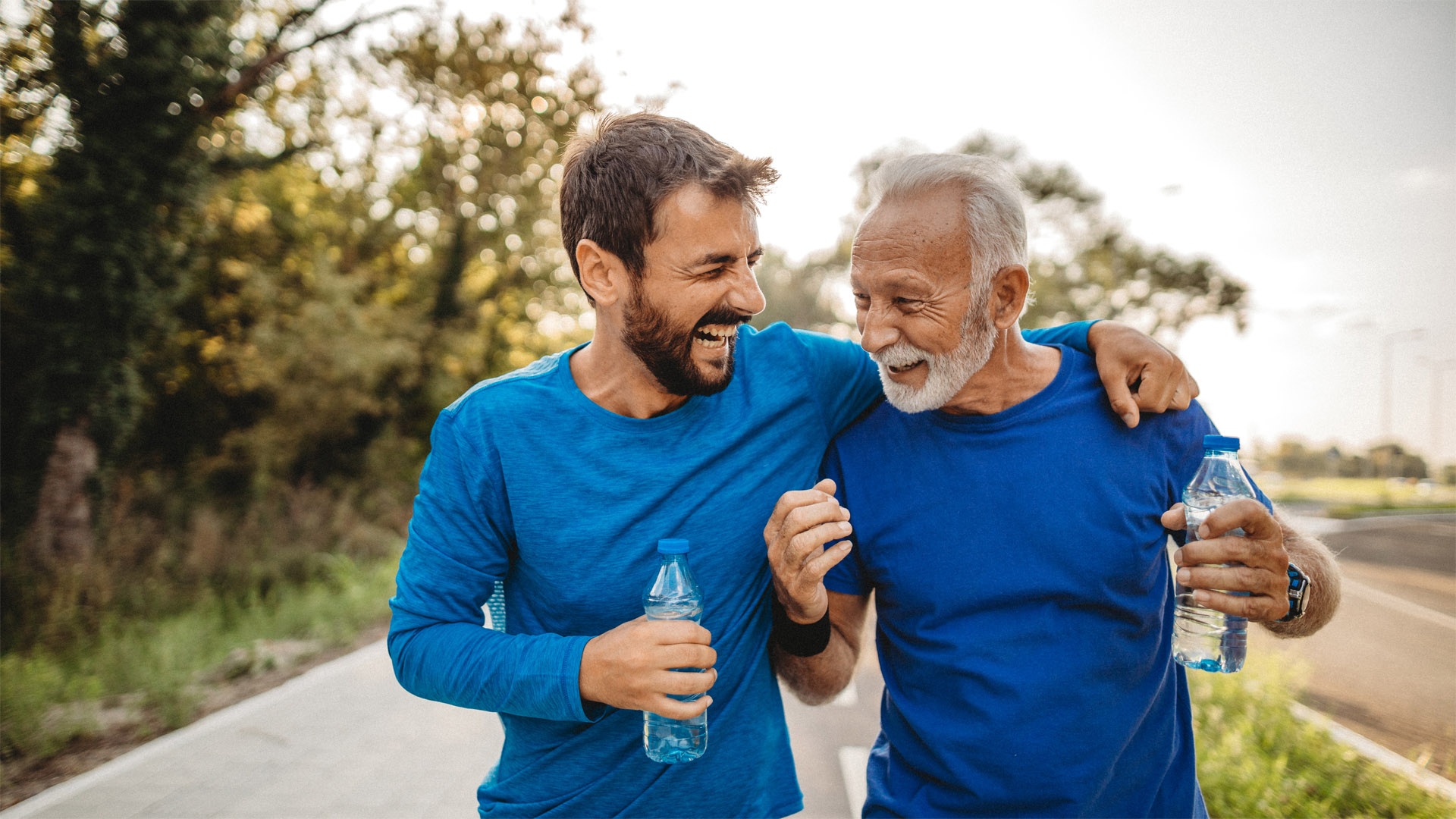
All the latest inspiration, tips and guides to help you plan your next Advnture!
You are now subscribed
Your newsletter sign-up was successful
When I worked in a wellness center in Colorado, I noticed an interesting phenomenon among my clients. Those who came in for an in-depth, one-on-one wellness evaluation with me tended to disappear after our initial consultation. Not always, but often, they’d leave excitedly clutching their new lifestyle plan only to fail to follow through with any of it. But those who joined my group programs tended to stick to their plans, often well past the end of the program – even though they were in essence receiving less of my individual attention. The difference? The accountability of the group setting.
Want to start running every day, go hiking on your weekends or hit the climbing wall twice a week? If you’re setting fitness and wellness goals for the new year, research shows that you’ll be up to 76% more likely to lace up your trail running shoes, hiking boots or climbing shoes if you get yourself an accountability buddy.
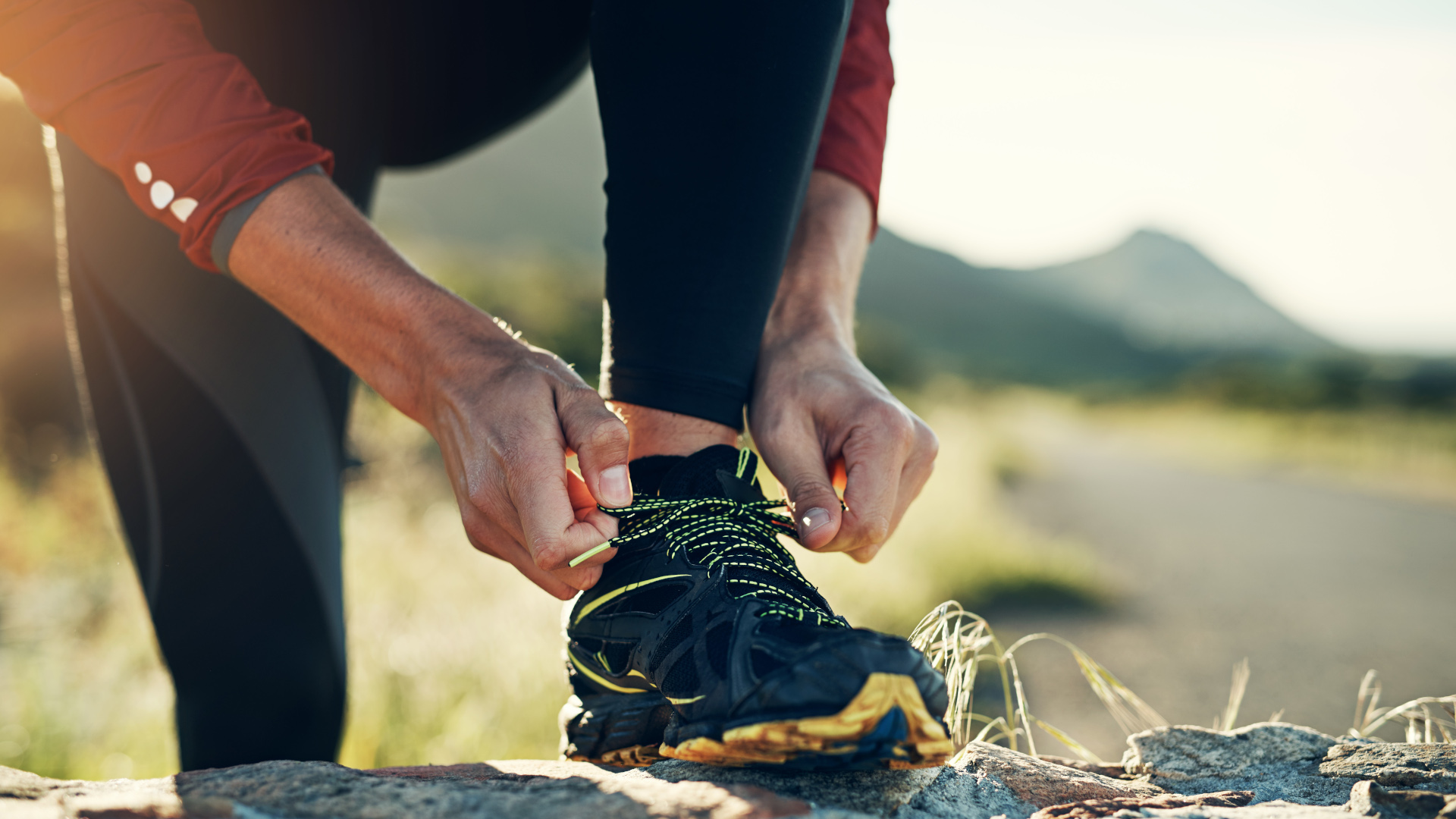
What is accountability?
The American Psychological Association defines accountability as the extent to which one individual is answerable to another for their behavior. The person to whom you’re accountable doesn’t have to be someone who is in a position of authority, like your boss or parent – it can be a partner, peer, client, dependent or even, believe it or not, a total stranger.
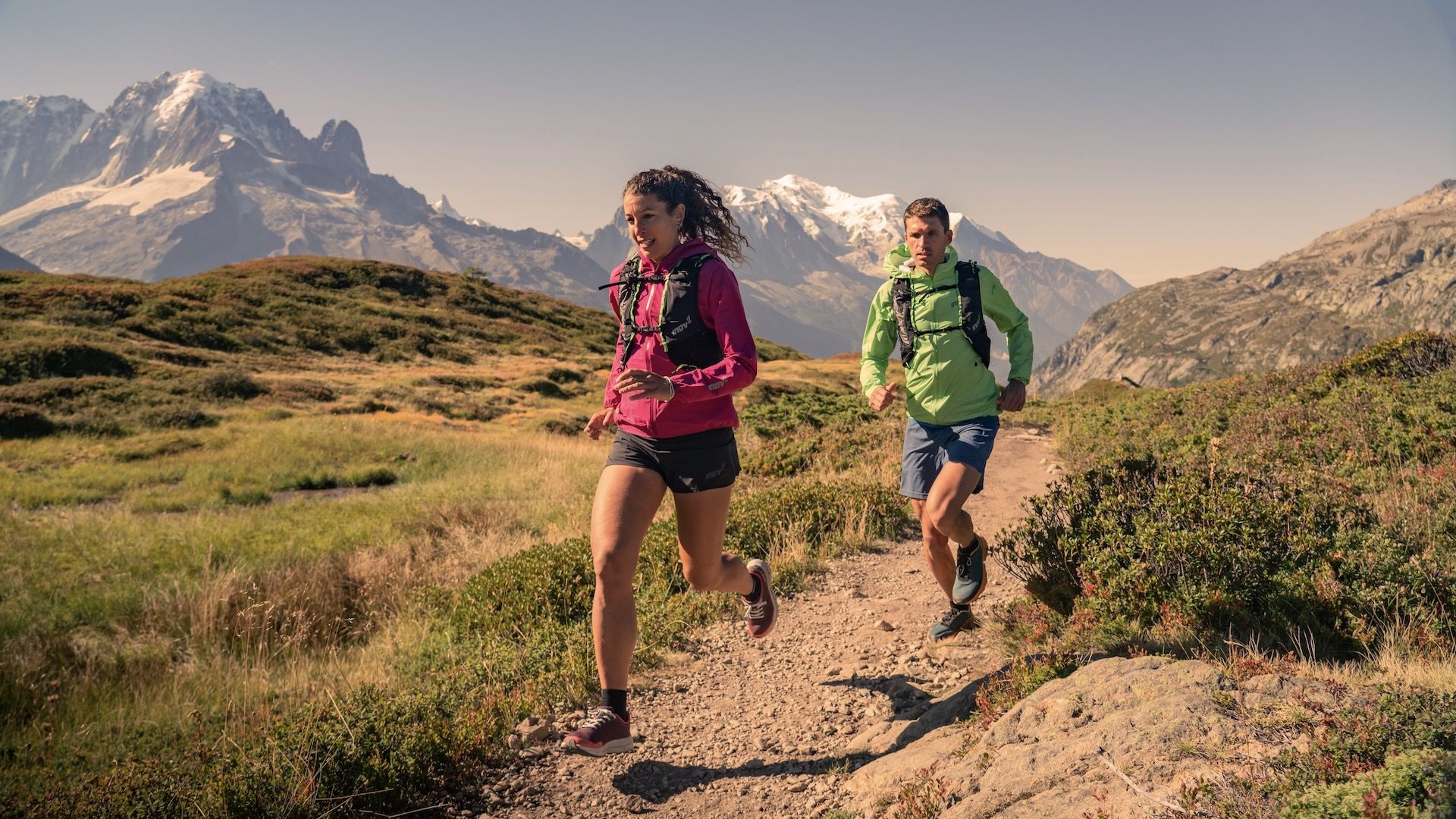
Why is accountability important?
Imagine this. Your alarm clock goes off at 6 a.m. You had planned a 10km training run this morning. But it’s Friday. It’s been a long week. It’s still dark out and it’s a cold, drizzly morning. You’ve got all weekend to run, really. So you reset your alarm for 7 a.m., roll over under your warm duvet and go back to sleep.
Well, not if someone is going to be waiting for you at the trailhead, you don’t. In that case, you pull on a running jacket and hit the trail.
Accountability helps us to follow through with our goals and plans in three very effective ways:
First, as humans, we don’t want to let other people down. It’s natural. If you’re supposed to meet someone for an early morning run, leaving them hanging could impact their safety, result in them calling off their own run, and may well damage your relationship. So chances are, you won’t do that to them.
All the latest inspiration, tips and guides to help you plan your next Advnture!
Then there’s the subtler aspect of simply knowing that someone else will notice if you haven’t followed through with your plans. Perhaps the idea that your running club will be gathering without you and wondering aloud where you are and why you failed to show up is enough to drive you from under the covers. Maybe you’d planned to run alone, but you announced to the whole office at 5 p.m. the day before that you were going on a long run before work. When your colleagues ask how your run went, do you really want to have to tell them you went for a snuggle fest instead?
You’re also more likely to make standing appointments to go running or hiking if you involve others, and organize other social behavior around it, so it becomes more integrated into your life.
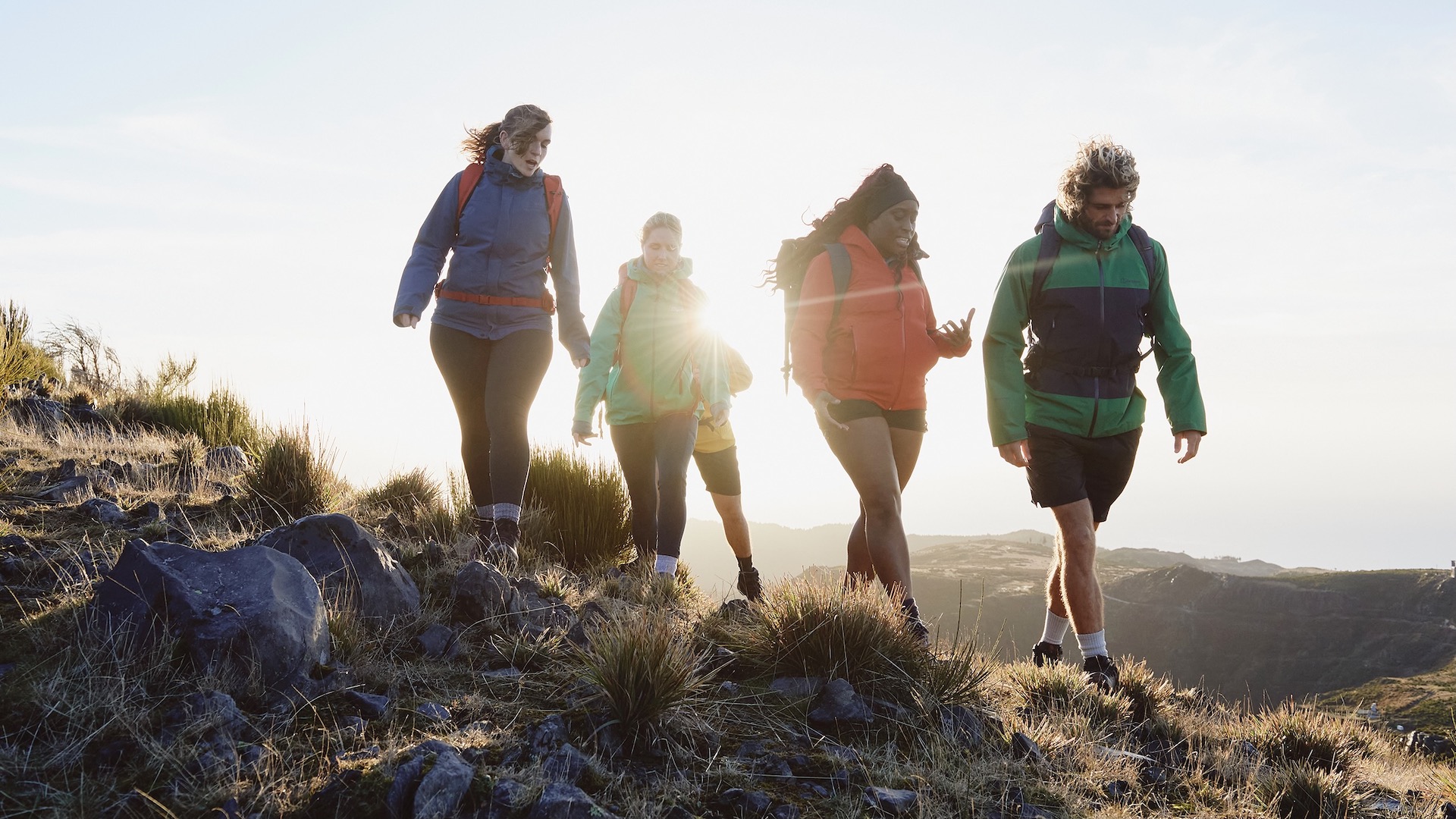
How to find an accountability buddy
In his best-selling book Atomic Habits, author James Clear says that having an accountability buddy creates an “immediate cost to inaction” – that cost can be as significant as losing a friendship, but it can also be simply knowing that someone might think less of you, which he explains is a powerful motivator. Sure, it’s a little Big Brother, but when applied the right way, a little surveillance from the right person can go a long way.
So how do you find an accountability buddy? After all, it’s not always the case that your friends and family will share your interests in outdoor adventures, but fortunately an accountability buddy can look like a big or small commitment, can entail the help of both friends and strangers, and may or may not involve a financial investment. Here are a few ways to recruit the support of others in achieving your goals:
1. Join a group
Hiking, running or wild swimming with others doesn’t just keep you accountable and encourage you to make plans, it surrounds you with people who share your values and interests. Essentially, you build a community around your chosen activity, which makes you feel a sense of belonging and uplifts you. Nowadays, you can probably find a group in your area by scouring social media or asking at the local gym or community center. If no such groups exist in 3D, joining an online group where you communicate your intentions to strangers may even be enough to hold you accountable.
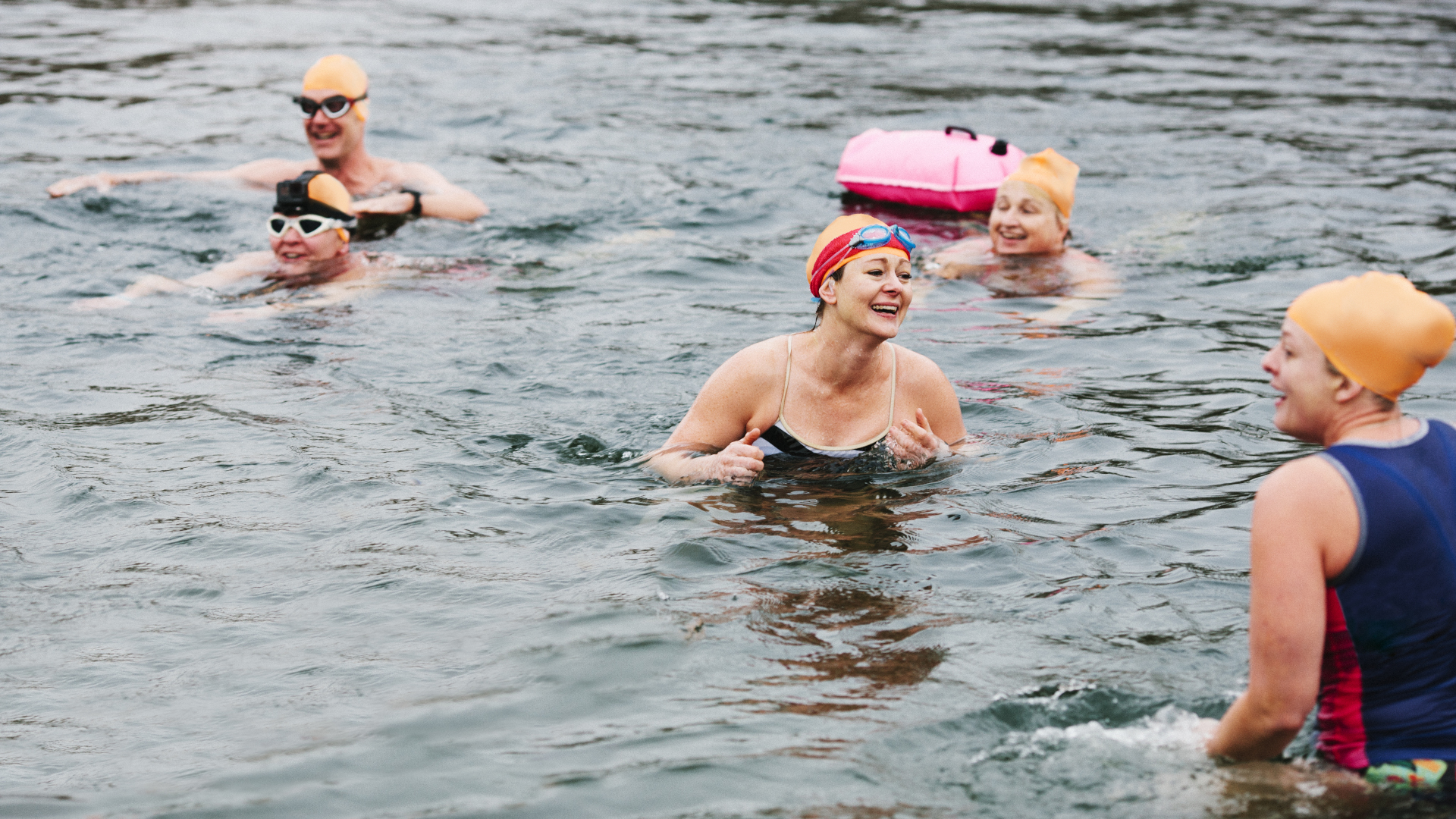
2. Appoint a trustworthy friend or peer
There are lots of good reasons why you might prefer to hit the trails alone, from personal preference and quiet time to scheduling conflicts and there are definitely cons to exercising with a group as well as pros. Remember that simply knowing that someone knows you’re intending to do something can be a huge motivator, especially if it’s someone whose opinion you value. Your accountability buddy doesn’t have to actually join you on your mission, but asking someone who can be counted on to check that you followed through with your plans and who will communicate in a loving, supportive way can be effective.
3. Hire a coach
A lot of what we’re talking about can be applied to pretty much any goal, but since we’re focusing on outdoor activities, if you have the funds available then hiring a coach can keep you motivated and probably even push you harder than you’ll push yourself. Running with a coach can mean you’re more structured around your training and get feedback on your form and gait, while hiking with a guide means you may explore trails that you wouldn’t otherwise, and you can learn more about hiking skills like navigation and wildlife safety. Plus, when you’ve paid upfront, you’re less likely to skip a session and watch that money go down the proverbial drain.

4. Use tech
Finally, even when there’s no one around to give you a knowing stare or a gentle prod, there’s always the reassuring ping coming from your phone to let you know you're not alone. App stores are awash with accountability apps these days where you can enter your goals or even be paired with a real live human. Download an app to your GPS watch or fitness tracker to help keep track of your progress.
- Best hiking shoes: lightweight, comfortable, and supportive footwear
Julia Clarke is a staff writer for Advnture.com and the author of the book Restorative Yoga for Beginners. She loves to explore mountains on foot, bike, skis and belay and then recover on the the yoga mat. Julia graduated with a degree in journalism in 2004 and spent eight years working as a radio presenter in Kansas City, Vermont, Boston and New York City before discovering the joys of the Rocky Mountains. She then detoured west to Colorado and enjoyed 11 years teaching yoga in Vail before returning to her hometown of Glasgow, Scotland in 2020 to focus on family and writing.

